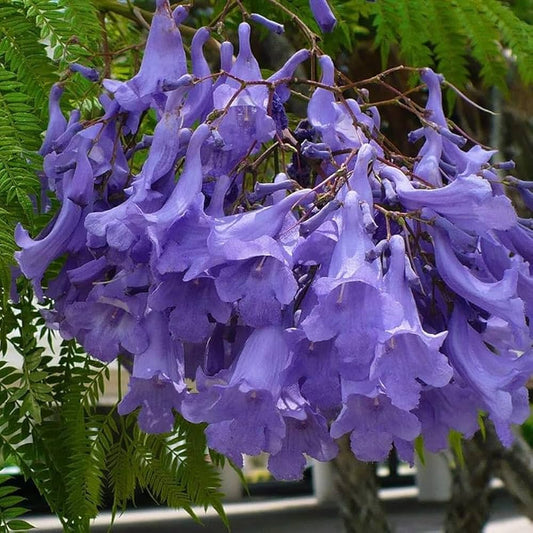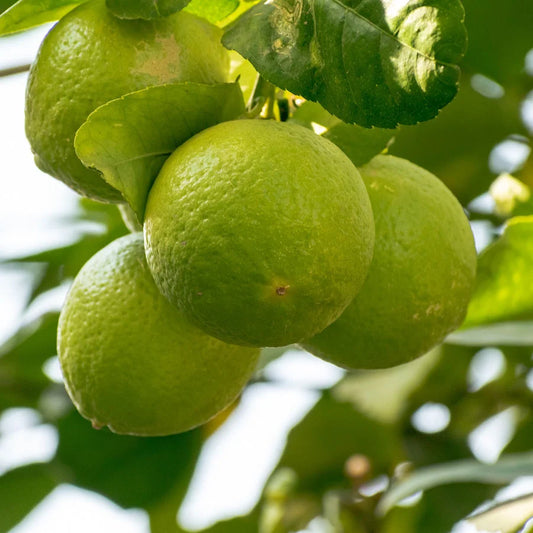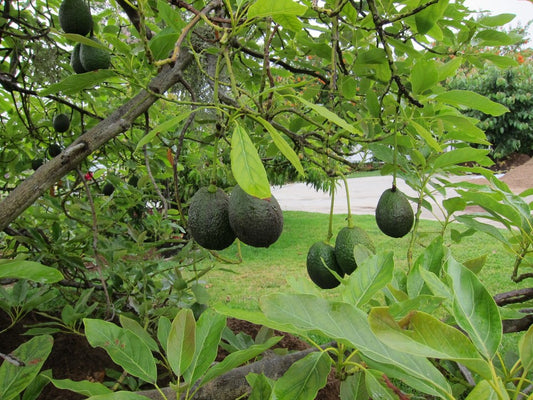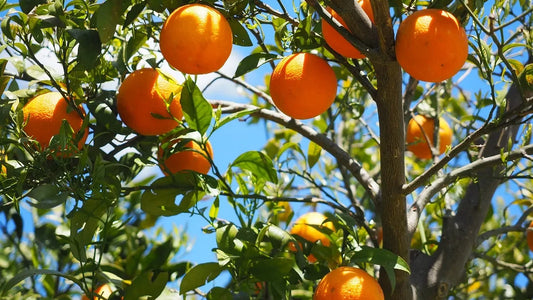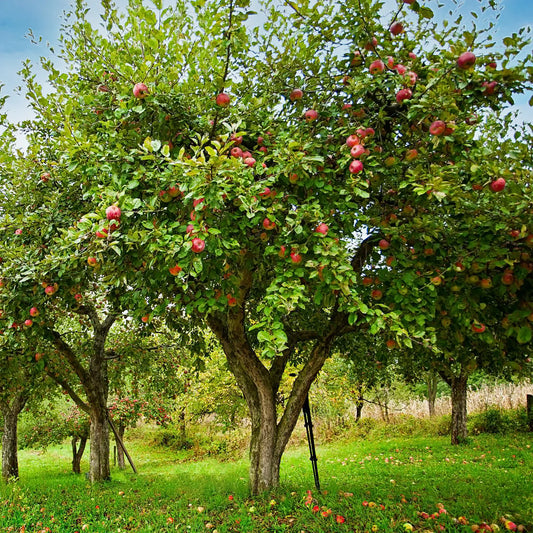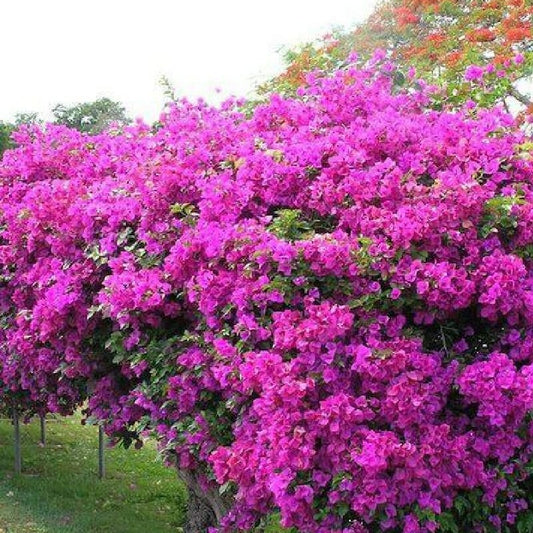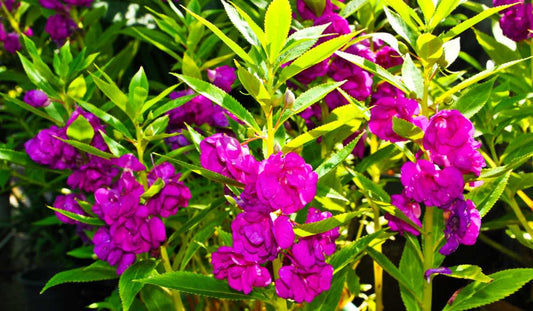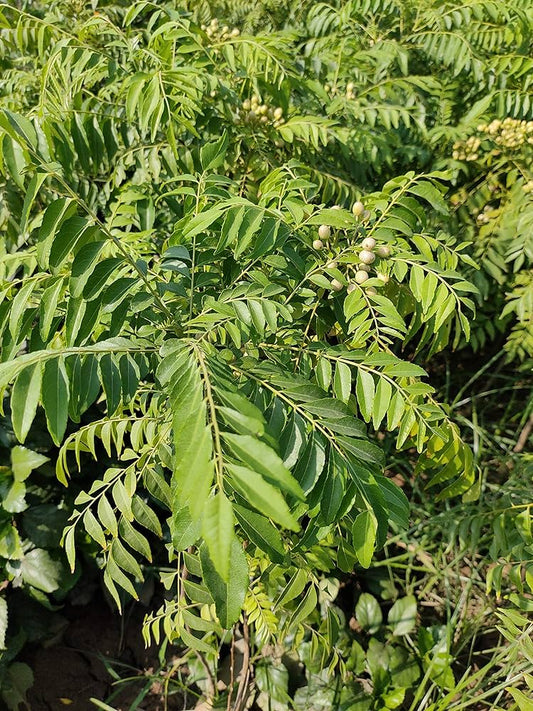

The Debal Deb Tree symbolizes the critical need to preserve biodiversity and indigenous ecological knowledge. Named after Dr. Debal Deb, a renowned ecologist and conservationist, this metaphorical tree represents his unwavering mission to save endangered, indigenous tree species and crops. For centu Read more
-
Example product title
Regular price ₹ 20Regular priceUnit price per -
Example product title
Regular price ₹ 20Regular priceUnit price per -
Example product title
Regular price ₹ 20Regular priceUnit price per -
Example product title
Regular price ₹ 20Regular priceUnit price per
-
Example product title
Regular price ₹ 20Regular priceUnit price per -
Example product title
Regular price ₹ 20Regular priceUnit price per -
Example product title
Regular price ₹ 20Regular priceUnit price per -
Example product title
Regular price ₹ 20Regular priceUnit price per
Debal Deb Tree
The Debal Deb Tree symbolizes the critical need to preserve biodiversity and indigenous ecological knowledge.
Named after Dr. Debal Deb, a renowned ecologist and conservationist, this metaphorical tree represents his unwavering mission to save endangered, indigenous tree species and crops.
For centuries, trees have served as environmental sentinels, custodians of history, and crucial life support systems. Understanding the profound importance of such trees unlocks a treasure trove of environmental, scientific, and cultural wisdom.
Debal Deb’s Mission and Its Significance
Dr. Debal Deb, often referred to as the “Guardian of Lost Seeds,” has spent decades conserving endangered plant species through traditional farming systems.
This blog draws inspiration from his work and emphasizes the relevance of indigenous tree preservation to tackle deforestation, climate change, and loss of biodiversity.
Did You Know?
- Global Deforestation Crisis: Every minute, 27 football fields of forest are cut down globally.
- Indigenous trees store 40% more carbon than invasive species, making them key climate allies.
Fun Facts about Trees and Biodiversity
- Oldest Trees Alive: Methuselah, a 4,800-year-old bristlecone pine, is the world’s oldest recorded tree.
- Trees communicate underground using fungi networks called mycorrhizae, referred to as the “Wood Wide Web.”
- Planting native species boosts ecosystems and provides habitat for birds, bees, and fungi unique to a region.
The Debal Deb Tree serves as a metaphor for these interconnected systems that are vital for Earth’s survival.
The Environmental Impact of Indigenous Trees
Indigenous trees contribute significantly to the ecological balance:
-
Carbon Sequestration:
Trees like the Sal (Shorea robusta) and Neem are excellent at absorbing carbon dioxide. Scientific studies reveal that native tree species sequester 22% more carbon than non-native varieties. -
Water Retention and Soil Health:
Deep-rooted indigenous trees prevent soil erosion and improve groundwater recharge. For example, the Indian Banyan Tree (Ficus benghalensis) restores degraded lands with its wide root system. -
Wildlife Conservation:
Trees like Mango and Peepal sustain bird, bat, and butterfly populations. Such flora help maintain pollination networks vital for food security.
The Historical and Cultural Importance of Indigenous Trees
Debal Deb’s work often highlights how ancient civilizations valued trees. In Indian mythology and culture, trees like the Peepal (Ficus religiosa) and Banyan hold spiritual significance.
- The Peepal tree is called the “Tree of Enlightenment” because Buddha attained nirvana under it.
- In historical tribal communities, trees were revered as protectors of the land.
Such wisdom underpins Dr. Deb’s conservation philosophy – that trees are not resources but sacred beings interwoven into human life.
Scientific Evidence Supporting Indigenous Trees
- Restoration Potential: According to a 2019 study in Science, planting native trees across deforested lands could absorb two-thirds of global carbon emissions.
- Adaptability: Indigenous trees are naturally resilient to local pests, droughts, and temperature changes, reducing the need for fertilizers.
- Biodiversity Hotspots: The Western Ghats, where Debal Deb has studied seed preservation, house over 7,400 plant species, 40% of which are endemic.
These scientific insights affirm why indigenous species need preservation.
Tree Conservation and Climate Action: Why Debal Deb’s Work Matters
Tree loss exacerbates climate change, leading to global warming and erratic weather patterns.
According to the FAO, restoring deforested lands with native trees could reduce global temperatures by 1°C by 2050.
Dr. Deb’s conservation efforts are essential because:
- Native tree species prevent monoculture plantations.
- They act as carbon sinks and regulate microclimates.
For example, regions where indigenous trees are conserved have witnessed a 30% drop in temperature fluctuations and improved crop yields.
Impact on Human Lives: Health and Food Security
Indigenous trees offer practical benefits:
-
Medicinal Value:
Trees like Neem have anti-inflammatory, antifungal, and antibacterial properties. According to Ayurveda, neem leaves and bark have been used to treat over 40 ailments. -
Nutritional Benefits:
Trees like Moringa provide nutrient-rich leaves and seeds that combat malnutrition. -
Air Quality Improvement:
A mature tree can absorb 48 pounds of CO₂ per year and release enough oxygen for 4 people.
By focusing on native trees, Debal Deb’s philosophy aligns with improving human well-being while restoring ecosystems.
Threats to Native Trees and Debal Deb’s Conservation Approach
Despite their importance, indigenous tree species face severe threats:
- Urbanization and deforestation.
- Agricultural expansion favoring non-native plantations like eucalyptus.
- Lack of awareness about their ecological value.
Debal Deb promotes:
- Community Seed Banks: Saving indigenous seeds for future generations.
- Traditional Agroforestry Systems: Integrating trees into farms.
- Conservation Education: Empowering local communities to preserve native ecosystems.
How You Can Help Save Trees: Practical Tips
To support Debal Deb’s vision, here’s how you can make a difference:
- Plant Native Species: Choose indigenous trees like Neem, Mango, or Sal for reforestation.
- Reduce Paper Usage: Go digital and recycle paper products.
- Spread Awareness: Educate others about the role of native species in protecting biodiversity.
Quote to Inspire:
"The best time to plant a tree was 20 years ago. The second best time is now."
Conclusion: The Living Legacy of the Debal Deb Tree
The Debal Deb Tree is not merely a symbol but a call to action. It embodies ecological wisdom, scientific progress, and cultural heritage intertwined with nature.
From fighting climate change to supporting wildlife and human health, preserving indigenous tree species is an urgent necessity.
By adopting Debal Deb’s principles, we can create a greener, healthier world where trees once again thrive as Earth’s natural protectors.
Final Thought:
Every tree you plant or save is a legacy for future generations. Join the movement to conserve native trees and let the Debal Deb Tree inspire a global reawakening toward sustainable living.
You may also like
Corporate Plantations
Indigenous Tree Species
Nature’s perfect fit—resilient, low-maintenance, and essential for supporting biodiversity and restoring ecosystems.
Biodiversity Restoration
Indigenous trees revive habitats, bringing plants, animals, and insects back to life while stabilizing ecosystems.
Climate Resilience
Native trees withstand extreme weather, fight drought, and regulate temperatures, making ecosystems more climate-proof.
Seed Preservation
Saving native tree seeds ensures future biodiversity, securing nature’s genetic legacy for resilient ecosystems.
Ecological Balance
Indigenous trees maintain harmony by supporting soil, water cycles, and food chains, ensuring nature thrives.
Agroforestry Systems
Integrating native trees with farming improves crop yields, enriches soil, and boosts long-term sustainability.
Carbon Storage
Indigenous trees efficiently absorb and store CO₂, making them natural allies in fighting climate change.
Wildlife Conservation
Native trees provide food, shelter, and habitat, keeping diverse wildlife species alive and thriving.
Traditional Knowledge
Indigenous wisdom highlights trees’ ecological, cultural, and medicinal value, connecting nature to generations of humans.
Medicinal Trees
Native trees like Neem and Moringa are nature’s healers, offering natural remedies for human health.
Soil Regeneration
Native trees improve soil quality, prevent erosion, and enrich land, making barren areas fertile again.
Community Involvement
Empowering local communities to protect native trees fosters sustainable conservation and shared responsibility.
FAQ
What is the Debal Deb Tree?
The Debal Deb Tree symbolizes the preservation of indigenous trees and biodiversity. Inspired by Dr. Debal Deb’s work, it highlights sustainable practices to revive ecosystems and protect nature’s heritage.
Why are indigenous trees important?
Indigenous trees are nature’s originals—adapted to local climates, they sustain biodiversity, improve soil, and fight climate change without needing extra care.
How does Debal Deb promote biodiversity?
Debal Deb preserves indigenous species through seed banks, ecological restoration, and community-driven conservation, ensuring ecosystems thrive for future generations.
What role do indigenous trees play in climate change?
Indigenous trees are natural carbon sinks, absorbing CO₂, regulating temperatures, and restoring degraded landscapes, making them perfect allies in tackling climate change.
What is seed preservation, and why does it matter?
Seed preservation safeguards native genetic diversity. It ensures future ecosystems remain resilient to climate shifts, pests, and habitat loss, securing nature’s future.
How do indigenous trees benefit wildlife?
Indigenous trees offer food, shelter, and breeding grounds, creating thriving habitats for birds, insects, and mammals—keeping ecosystems balanced and alive.
What is agroforestry, and how does it work?
Agroforestry integrates indigenous trees with farming, improving crop yields, protecting soil, and enhancing sustainability by combining agriculture and ecological balance.
Can native trees improve soil quality?
Absolutely! Indigenous trees prevent erosion, enrich soil with organic matter, and restore fertility, transforming degraded land into thriving ecosystems.
How does Debal Deb involve communities in conservation?
Debal Deb empowers local communities to conserve native trees through education, shared ownership, and sustainable practices, fostering collective responsibility.
What makes indigenous trees better than exotic species?
Indigenous trees are low-maintenance, drought-resistant, and perfectly adapted to local ecosystems, unlike invasive species that often disrupt biodiversity and require extra care.
How can I contribute to tree conservation?
Plant native species, reduce paper use, spread awareness about biodiversity, and support local conservation initiatives focused on indigenous trees.
What impact does tree conservation have on biodiversity?
Tree conservation restores habitats, protects endangered species, and boosts biodiversity, ensuring ecosystems remain vibrant and sustainable for generations.
-
Example product title
Regular price ₹ 20Regular priceUnit price per -
Example product title
Regular price ₹ 20Regular priceUnit price per -
Example product title
Regular price ₹ 20Regular priceUnit price per -
Example product title
Regular price ₹ 20Regular priceUnit price per
Connect with us
-
👥 Corporates
If you are looking for:
- 🌲 Tree Plantation Events
- 📊 CSR Projects
📧 corporate@growbilliontrees.com
📞 +91 9699723523
💬 +91 9370599291 WhatsApp (Only)
🕒 Mon - Sat | 10am - 7pm IST
-
🧩 Tree Plantation NGOs
If you are looking for:
- 💰 Financial Assistance
- 🤝 Operational Support
📧 support@growbilliontrees.com
📞 +91 9699723523
💬 +91 9370599291 WhatsApp (Only)
🕒 Mon - Sat | 10am - 7pm IST
-
🌼 Individuals
If you are looking for:
- 👥 Group Tree Plantation Drive
- 🌳 Bulk Tree Plantation
📞 +91 9699723523
💬 +91 9370599291 WhatsApp (Only)
🕒 Mon - Sat | 10am - 7pm IST

